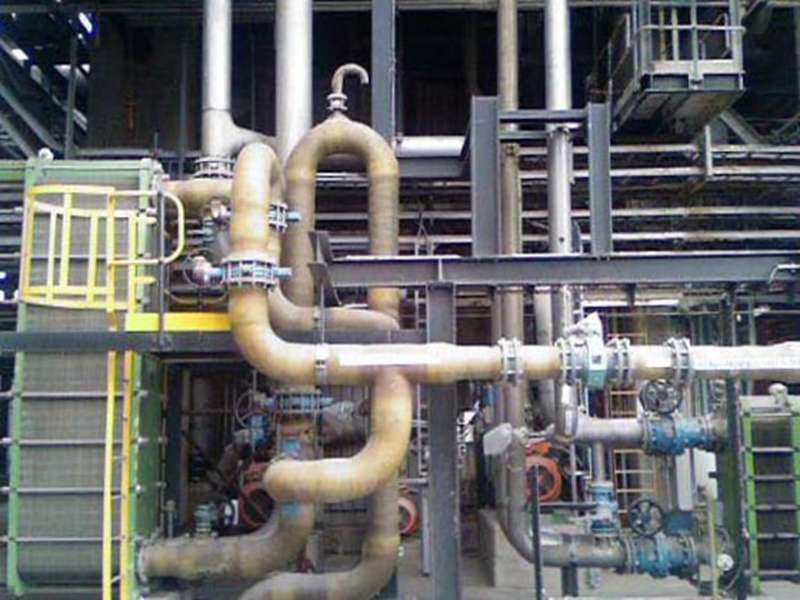
-
 Afrikaans
Afrikaans -
 Albanian
Albanian -
 Amharic
Amharic -
 Arabic
Arabic -
 Armenian
Armenian -
 Azerbaijani
Azerbaijani -
 Basque
Basque -
 Belarusian
Belarusian -
 Bengali
Bengali -
 Bosnian
Bosnian -
 Bulgarian
Bulgarian -
 Catalan
Catalan -
 Cebuano
Cebuano -
 China
China -
 China (Taiwan)
China (Taiwan) -
 Corsican
Corsican -
 Croatian
Croatian -
 Czech
Czech -
 Danish
Danish -
 Dutch
Dutch -
 English
English -
 Esperanto
Esperanto -
 Estonian
Estonian -
 Finnish
Finnish -
 French
French -
 Frisian
Frisian -
 Galician
Galician -
 Georgian
Georgian -
 German
German -
 Greek
Greek -
 Gujarati
Gujarati -
 Haitian Creole
Haitian Creole -
 hausa
hausa -
 hawaiian
hawaiian -
 Hebrew
Hebrew -
 Hindi
Hindi -
 Miao
Miao -
 Hungarian
Hungarian -
 Icelandic
Icelandic -
 igbo
igbo -
 Indonesian
Indonesian -
 irish
irish -
 Italian
Italian -
 Japanese
Japanese -
 Javanese
Javanese -
 Kannada
Kannada -
 kazakh
kazakh -
 Khmer
Khmer -
 Rwandese
Rwandese -
 Korean
Korean -
 Kurdish
Kurdish -
 Kyrgyz
Kyrgyz -
 Lao
Lao -
 Latin
Latin -
 Latvian
Latvian -
 Lithuanian
Lithuanian -
 Luxembourgish
Luxembourgish -
 Macedonian
Macedonian -
 Malgashi
Malgashi -
 Malay
Malay -
 Malayalam
Malayalam -
 Maltese
Maltese -
 Maori
Maori -
 Marathi
Marathi -
 Mongolian
Mongolian -
 Myanmar
Myanmar -
 Nepali
Nepali -
 Norwegian
Norwegian -
 Norwegian
Norwegian -
 Occitan
Occitan -
 Pashto
Pashto -
 Persian
Persian -
 Polish
Polish -
 Portuguese
Portuguese -
 Punjabi
Punjabi -
 Romanian
Romanian -
 Russian
Russian -
 Samoan
Samoan -
 Scottish Gaelic
Scottish Gaelic -
 Serbian
Serbian -
 Sesotho
Sesotho -
 Shona
Shona -
 Sindhi
Sindhi -
 Sinhala
Sinhala -
 Slovak
Slovak -
 Slovenian
Slovenian -
 Somali
Somali -
 Spanish
Spanish -
 Sundanese
Sundanese -
 Swahili
Swahili -
 Swedish
Swedish -
 Tagalog
Tagalog -
 Tajik
Tajik -
 Tamil
Tamil -
 Tatar
Tatar -
 Telugu
Telugu -
 Thai
Thai -
 Turkish
Turkish -
 Turkmen
Turkmen -
 Ukrainian
Ukrainian -
 Urdu
Urdu -
 Uighur
Uighur -
 Uzbek
Uzbek -
 Vietnamese
Vietnamese -
 Welsh
Welsh -
 Bantu
Bantu -
 Yiddish
Yiddish -
 Yoruba
Yoruba -
 Zulu
Zulu
frp tank
The Advantages of FRP Tanks in Modern Applications
Fiberglass Reinforced Plastic (FRP) tanks have emerged as a popular choice in various industries due to their unique properties and advantages over traditional materials. These tanks are made by combining fiberglass with plastic resin, resulting in a lightweight yet durable product that is resistant to corrosion, chemical damage, and environmental factors.
.
In addition to corrosion resistance, FRP tanks are also incredibly lightweight. This characteristic simplifies transportation and installation, reducing overall project costs. Traditional materials, such as steel or concrete, can be cumbersome and require heavy machinery for installation. On the other hand, FRP tanks can often be maneuvered with ease, making them a practical option for various applications, from wastewater treatment facilities to chemical processing plants.
frp tank

Another significant advantage of FRP tanks is their flexibility in design and customization. Manufacturers can create tanks in a variety of shapes, sizes, and configurations to meet specific needs. This versatility allows industries to optimize their storage solutions, maximizing space and efficiency. Furthermore, the ability to incorporate various fittings and accessories further enhances the adaptability of FRP tanks, making them suitable for unique operational requirements.
FRP tanks also contribute to lower maintenance costs. Their resistance to UV rays, weathering, and chemicals means they require less frequent replacement or repair compared to traditional tanks. This longevity translates to significant savings over time, making FRP tanks a cost-effective solution for businesses.
Moreover, the manufacturing process of FRP tanks is relatively eco-friendly. They can be produced from recycled materials, and their long lifespan reduces the frequency of disposal and replacement. In a world increasingly focused on sustainability, FRP tanks align well with the goals of many organizations to minimize their environmental impact.
In conclusion, FRP tanks offer multiple advantages that make them a preferred choice in various applications. Their corrosion resistance, lightweight nature, design flexibility, low maintenance requirements, and eco-friendly attributes position them as a functional and sustainable storage solution. As industries continue to evolve and prioritize safety and efficiency, the demand for FRP tanks is likely to grow, solidifying their role in modern infrastructure.









